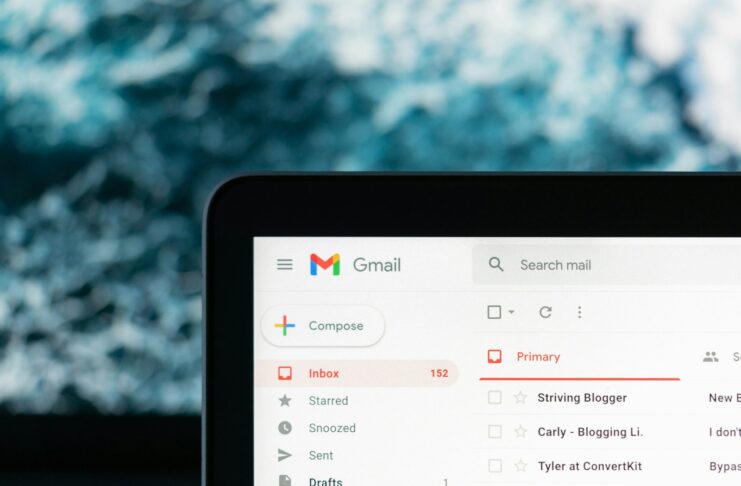Nearly half of UK employees are replying to work messages during their holidays, and four in five say their work-life balance hasn’t improved in the past five years, according to a new study that raises alarm bells over rising burnout and digital presenteeism.
Despite senior leaders reporting improvements in their own wellbeing, only a quarter of junior staff say the same, reflecting a growing disconnect between boardroom sentiment and frontline experience.
The figures come from a survey of over 2,000 UK workers and 175 HR decision-makers by benefits platform BHN Extras. It found that while 84% of HR leaders encourage staff to switch off, only 45% have formal policies in place to support it.
Workplace wellbeing experts say the findings should prompt employers to take a hard look at whether their strategies are inclusive, actionable and genuinely tailored to the needs of all staff, not just those at the top.
‘Always-On’ Culture Hasn’t Switched Off
The study found 48% of employees respond to work messages while on annual leave, and 39% have done so while off sick. CEOs and senior executives are among the most likely to check emails out of hours, but the behaviour is filtering down, with 42% of junior managers also regularly logging in beyond the working day.
Chris Ronald, VP for Incentives, Rewards & Benefits at BHN, said digital overconnection was becoming embedded. “Our research shows that the UK workforce is in desperate need for more support from their employers. Boundaries are breaking down, burnout is not being tackled and traditional benefits no longer meet the needs of today’s employees.” he said.
He warned that “the data likely underrepresents the full picture. We asked about actively responding to work messages on holiday, but how many more are still checking in, skim-reading emails, or staying mentally tethered to their inbox?”
Ronald added that the “inability to fully switch off is becoming the norm. Overlay this with the ongoing financial pressure on UK household budgets, the goal of a creating happy, healthy and productive workforce is bleak.”
Disconnection Between Rhetoric And Reality
Despite employers’ efforts to promote flexible working and mental health awareness since the pandemic, only 20% of staff say they’ve seen meaningful change. For junior managers in particular, 75% say their burnout levels haven’t improved in the past five years.
This contrasts sharply with the executive experience, where 76% of C-suite leaders report lower burnout levels — a disparity that risks fuelling cynicism about the value of workplace wellbeing strategies.
And the type of workplace (remote vs office-based) made little difference, with similar proportions of both groups reporting no improvement in their wellbeing.
Social Bonds And Downtime Are Fraying
The blurring of work and personal life also appears to be taking a toll on social connection. Nearly half of employees (46%) say they rarely or never socialise with colleagues outside of work, often prioritising rest over workplace socialising. Financial pressures are another factor, with 24% of women citing cost as a key reason for skipping after-work events, compared to 18% of men.
The report shows demand for a broader, more personalised approach to employee benefits. While 39% of workers value flexible hours, 63% want a wider range of wellbeing and financial support options — rising to 66% among Gen Z workers. In contrast, only 40% of baby boomers expressed this view, highlighting a generational divide in what employees want from their employers.
Ronald urged HR leaders to stop treating benefits as optional extras. “Leaders must move beyond checkbox benefits and start thinking holistically. Flexibility and choice for voluntary benefits is just the starting point; it must be supported by personalisation, inclusivity and a holistic look at mental, physical and financial wellbeing strategies to meet expectations and needs.”
He said Gen Z was “already demanding more tailored, meaningful support, and if businesses don’t adapt, they’ll face growing disengagement across their teams”.
What Should Employers Do Next?
Workplace observers suggest the findings are a wake-up call for employers to revisit their wellbeing strategies and ensure they are:
- Backed by policy, not just intention – set out clear, formal boundaries for digital disconnection
- Inclusive of all levels – avoid assuming what works for leadership works for everyone
- Responsive to generational needs – tailor benefits to reflect employees’ diverse expectations
- Supportive of real downtime – lead by example in respecting leave and personal time


